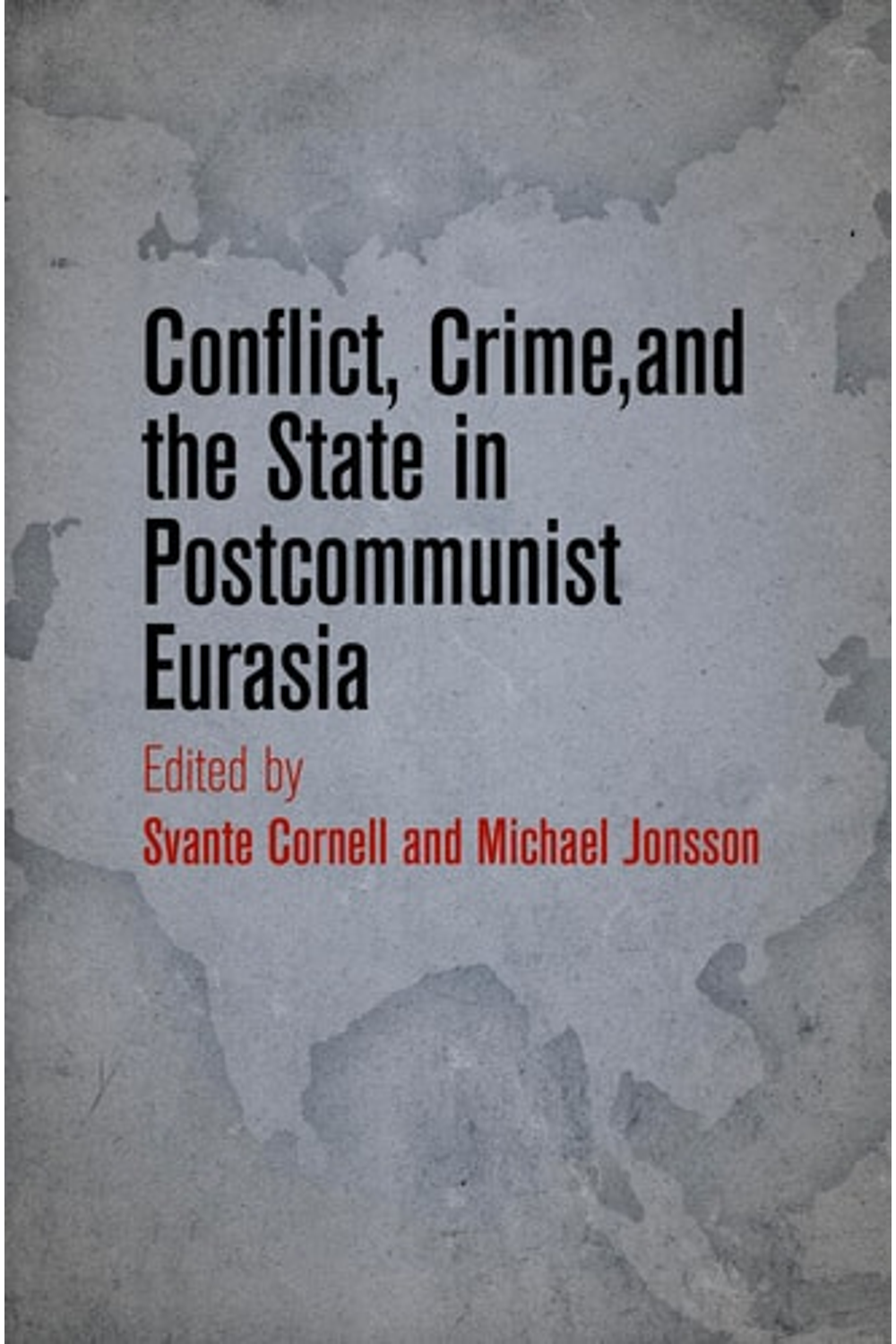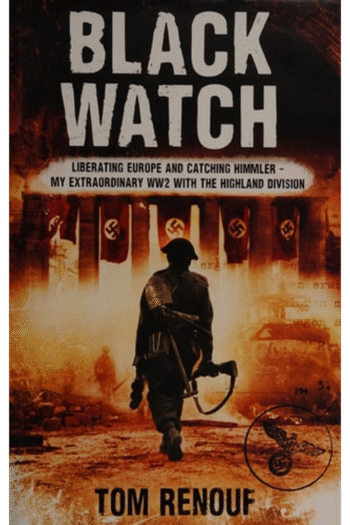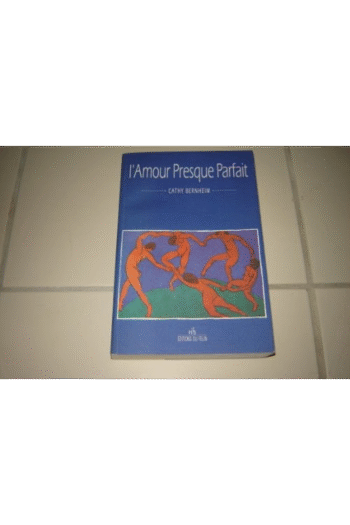Delve into the underbelly of post-Soviet Eurasia with “Conflict, Crime, and the State,” a crucial examination of the volatile relationship between insurgents, organized crime, and fragile states. This hardcover volume, published by University of Pennsylvania Press, dissects how the collapse of the USSR created fertile ground for illicit economies to flourish, filling the funding void left by diminished state support for armed groups. Through meticulously researched case studies, the book reveals the complex interplay between ideological motives and the lure of profit, demonstrating how some insurgent groups transitioned from using crime as a means to viewing it as an end in itself. It doesn’t shy away from exploring the lingering issue of criminalized state institutions and their impact on post-conflict recovery. Featuring contributions from leading experts, “Conflict, Crime, and the State in Postcommunist Eurasia” offers vital insights for understanding the challenges facing peacekeeping and state-building efforts worldwide, moving beyond simplistic narratives to expose the nuanced reality of conflict zones. An essential read for those interested in political science, criminology, and post-Soviet studies.
Conflict, Crime, and the State in Postcommunist Eurasia
23,24 $
In stock
In the years after the collapse of the Soviet Union and its zone of influence, few insurgent groups had the resources necessary to confront regular armies. At the same time, state-sponsored financial support for insurgencies dramatically decreased. The pressing need to raise funds for war and the weakness of law enforcement in conflict zones create fertile conditions for organized crime; indeed, there is a mounting body of evidence correlating armed conflict and illicit economy, though the nature of this link and its impact on regional politics has not been well understood.
Conflict, Crime, and the State in Postcommunist Eurasia explores the relationship between ideologically motivated insurgents, profit-motivated crime, and state institutions in eight conflict zones. Through detailed case studies, the contributors demonstrate how the operations and incentives of insurgents may emerge and shift over time: for some armed groups, crime can become an end in itself beyond a financial means, but not all armed groups equally adapt to illicit commerce. They also show how the criminalization of state institutions is a lingering concerns even after armed conflicts end. Conflict, Crime, and the State in Postcommunist Eurasia places the case studies along a continuum of political and criminal behavior, examining the factors that motivate insurgents to seek out criminal alliance, how this connection affects the dynamics of conflict, and what risks remain during postconflict transition. These findings will provide a better understanding of the types of challenges likely to confront peacekeeping and statebuilding endeavors in other parts of the world.
Contributors: Jana Arsovska, Svante Cornell, Johan Engvall, Michael Jonsson, Alexandru Molcean, Niklas Nilsson, Murad Batal al-Shishani, Natalie Verstndig.
| Binding | |
|---|---|
| Condition | |
| ISBN-10 | 0812245652 |
| ISBN-13 | 9780812245653 |
| Language | |
| Pages | 296 |
| Publisher | |
| Year published | |
| Weight | 612 |
Related products
Cheep! Cheep! Chick
33,34 $
- Additional information
- Currencies
- USD – United States dollar
- EUR – Euro
- GBP – Pound sterling
- CNY – Chinese yuan
- BRL – Brazilian real
- MXN – Mexican peso
- JPY – Japanese yen
- PHP – Philippine peso
- THB – Thai baht
- PLN – Polish złoty
- CAD – Canadian dollar
- MYR – Malaysian ringgit
- AUD – Australian dollar
- TWD – New Taiwan dollar
- CZK – Czech koruna
- SEK – Swedish krona
- HUF – Hungarian forint
- ILS – Israeli new shekel
- CHF – Swiss franc
- HKD – Hong Kong dollar
- DKK – Danish krone
- SGD – Singapore dollar
- NOK – Norwegian krone
- NZD – New Zealand dollar





